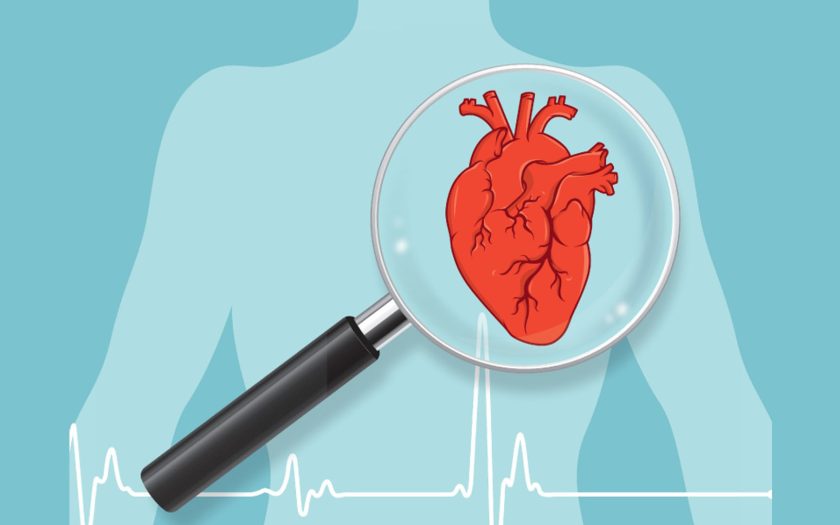Unstable weather.
Spring weather is unpredictable — chilly mornings, warm afternoons, and cold, windy evenings. These constant fluctuations in temperature and atmospheric pressure create significant stress on the cardiovascular system. Blood vessels must continuously contract and expand to adapt to these changes, increasing the risk of spasms, hypertensive crises, and even heart attacks. People with hypertension, coronary artery disease, and vegetative-vascular dystonia are particularly vulnerable during this period. They may experience headaches, weakness, dizziness, rapid heartbeat, or chest pain. These symptoms often worsen on windy days or before rain, when atmospheric pressure drops sharply. To protect your heart, it is essential to monitor the weather forecast, dress appropriately, and avoid sudden temperature changes. On days when it is too cold and windy, it is better to stay at home, if possible, especially if you know you have certain heart conditions.
Increased physical activity.
In spring, many people try to make up for lost time during winter by moving more, exercising, working in the garden, or simply spending longer periods outdoors. However, a sharp increase in physical activity after a sedentary winter period can worsen heart function. Since the body is still unaccustomed to activity, muscles are weakened, and blood vessels may not be ready for intense exertion. This is particularly dangerous for individuals with chronic cardiovascular diseases, as overexertion can trigger a heart attack or stroke. If you plan to engage in sports, start with light workouts and avoid pushing your heart too hard. Gardening and outdoor work should also be done in moderation—take frequent breaks, control your breathing, and avoid uncomfortable positions that put extra pressure on blood vessels. In addition, if you have arterial hypertension or other heart pathology, do not forget to take medications that help to normalize blood pressure (for example, Abel (Azilsartan Medoxomil), Aceten, Adrenor, Amace-BP) or support the work of the heart (for example, Apo-Nadolol, Atenolol, Carvidon MR).
Disrupted water balance.
When the air temperature starts to rise gradually, you move more, which means you lose more fluid. If this loss isn’t replenished, the blood becomes thicker, creating additional strain on the heart. Thickened blood circulates more slowly, increasing the risk of blood clots, which is especially dangerous for people with hypertension, coronary artery disease, and varicose veins. In hot weather, this can result in sudden blood pressure spikes, headaches, dizziness, and even heart attacks. To help your body adapt to seasonal changes, it’s essential to drink at least 1.5–2 liters of clean water per day. Beverages like coffee, tea, and sugary drinks can actually contribute to dehydration, so it’s best to limit their intake during this period.
Increased solar activity.
In spring, solar activity rises, bringing not only warmth and longer days but also serious challenges for the cardiovascular system. Solar radiation, changes in the Earth’s magnetic field, and increased ultraviolet exposure can trigger sudden physiological reactions in the body. People with heart disease or a tendency to weather dependence are particularly sensitive to such changes. Periods of high solar activity may lead to irregular heart rhythms, angina attacks, and worsening of chronic heart diseases. Additionally, increased solar exposure affects hormone levels, causing emotional fluctuations that further strain the heart. To minimize risks, it is essential to monitor blood pressure, avoid overheating, and pay attention to your well-being during periods of intense sun activity. Moderate physical activity, staying in the shade, and maintaining a healthy sleep routine can help the body adapt more smoothly to seasonal changes.

